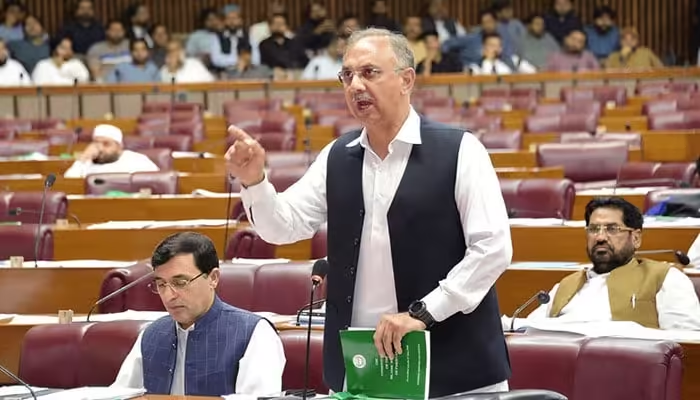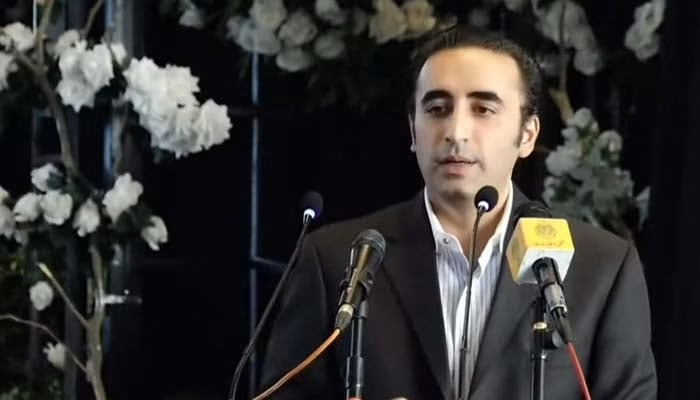The Supreme Court’s recent decision to allocate reserved seats for women and minorities to Pakistan Tehreek-e-Insaf (PTI) has significantly altered the political landscape in the National Assembly. This ruling has the potential to make PTI the largest party in the Assembly, dramatically shifting the power dynamics and sparking intense speculation about the future of the ruling alliance led by Pakistan Muslim League-Nawaz (PML-N).
PTI’s Ascendancy in the National Assembly
With the allocation of 23 reserved seats, PTI’s representation in the National Assembly is set to increase to 109 members. This makes PTI the largest party in terms of seats, surpassing its current strength of 86 members. Despite this increase, the ruling alliance, which includes PML-N and several other parties, retains a dominant position with a total of 209 members.
The Composition of the Ruling Alliance
The ruling coalition’s strength lies in its diverse composition. PML-N, the leading party in the alliance, contributes 108 members. The Pakistan People’s Party (PPP), another key ally, adds 68 members to the coalition. Additionally, the Muttahida Qaumi Movement (MQM) bolsters the government with 21 members. The coalition is further supported by smaller parties and independent candidates, including the Pakistan Muslim League (5 seats), the IPP (4 seats), Muslim League Zia (1 seat), Balochistan Awami Party (1 seat), and the National Party (1 seat). This broad-based alliance ensures a simple majority in the 342-member House, even with the Supreme Court’s decision favoring PTI.
Opposition Alliance Gains Strength
The opposition alliance, including PTI, is poised to strengthen its position significantly. The opposition currently comprises 97 members, with PTI holding 86 seats. The Sunni Unity Council, an ally of PTI, contributes 2 members, while independent candidates Barrister Gohar and Umar Ayub add to the count. The inclusion of other opposition parties like Jamiat Ulema-e-Islam-Fazl (JUI-F) with 8 seats, Balochistan National Party-Mengal (BNP-M) with 1 seat, Majlis Wahdat-e-Muslimeen (MWM) with 1 seat, and Pashtunkhwa Milli Awami Party (PK MAP) with 1 seat, brings the total number of opposition members to 120, assuming they coalesce around PTI.
Implications of the Supreme Court Decision
The Supreme Court’s order to allocate reserved seats to PTI underscores the judiciary’s influence on the political process. Justice Yahya Afridi, in his dissenting note regarding the reserved seats, highlighted the significance of equitable representation in the Assembly. This ruling ensures that PTI’s representation aligns with its electoral performance, addressing a critical aspect of proportional representation in the legislative process.
Reactions to the Decision
The ruling has elicited mixed reactions from political stakeholders. The Law Minister has labeled the Supreme Court’s decision as political, emphasizing that it poses no threat to the government. However, the decision has undeniably energized the opposition, with PTI and its allies seeing an opportunity to challenge the ruling coalition more effectively.
Future Prospects
The reallocation of seats is expected to intensify political maneuvering in the National Assembly. While the ruling alliance maintains a numerical advantage, the bolstered opposition is likely to exert greater pressure on the government. This dynamic could lead to more contentious legislative sessions and heightened scrutiny of government policies.
The Supreme Court’s decision to allocate reserved seats to PTI has introduced a new level of complexity in the National Assembly’s power structure. While PTI emerges as the largest party, the ruling coalition’s broad-based support ensures its continued dominance. The evolving political landscape promises a period of intense competition and strategic realignments as both the government and opposition navigate this transformed arena.



